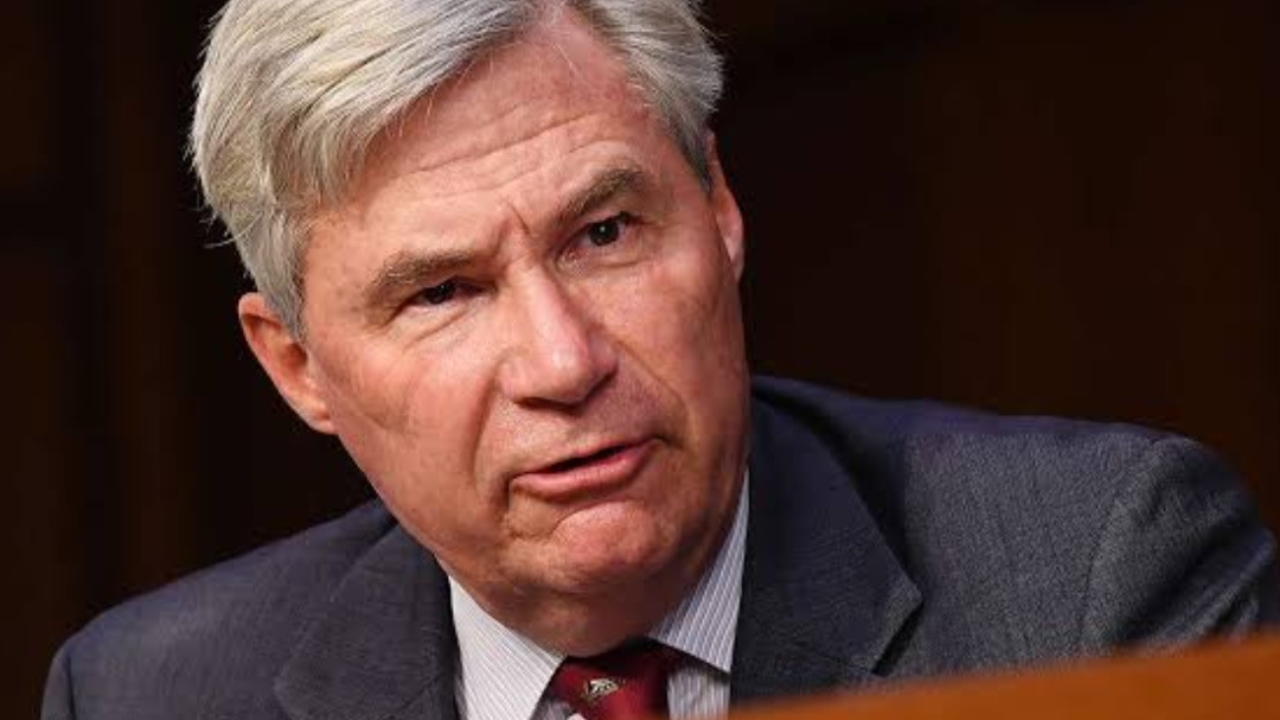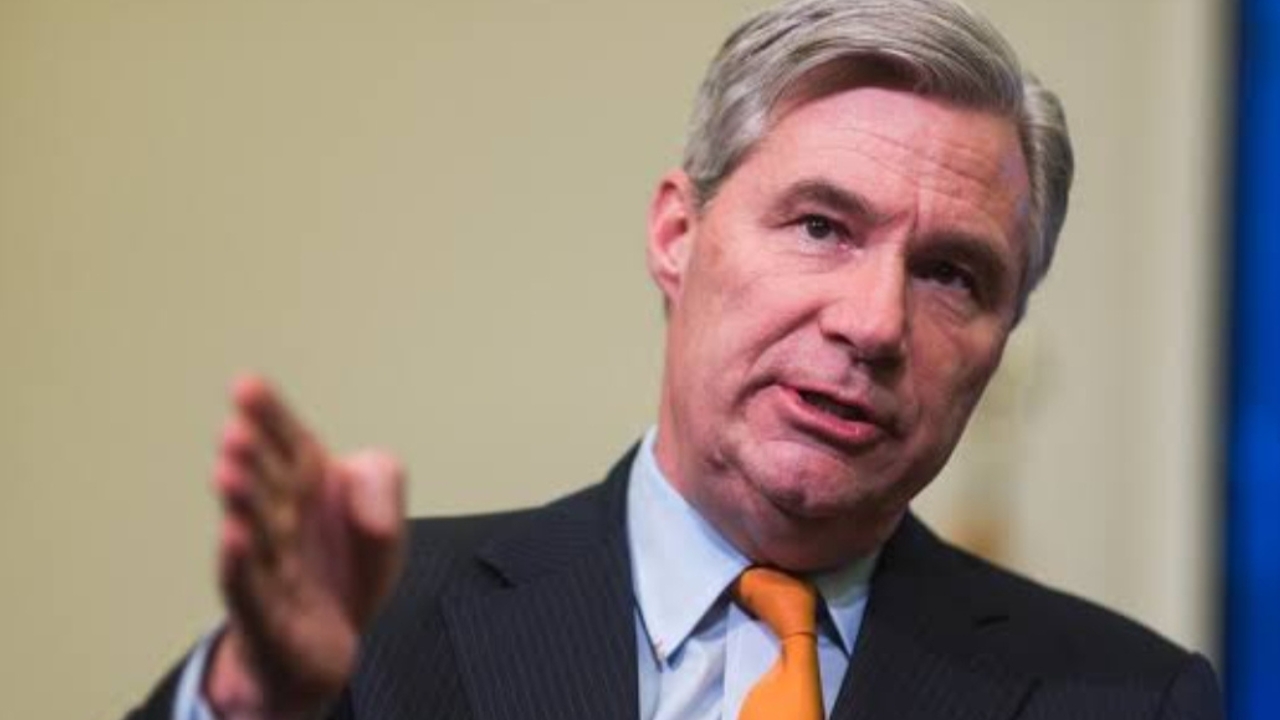Sheldon Whitehouse, a U.S. Senator from Rhode Island, is known not only for his political work but also for his significant wealth.
As one of the most active senators in stock trading, his financial background has drawn considerable attention, especially regarding potential conflicts of interest.
Net Worth
Sheldon Whitehouse’s net worth varies depending on the source, but estimates suggest that it lies between $6.9 million and $21 million.
According to a source, his wealth was estimated to be around $7.5 million in 2018, but his 2023 financial disclosure places his net worth between $6,977,300 and $20,966,997.
It’s important to note that the exact value of his assets is not disclosed, as the forms only provide ranges.
Additionally, personal properties and some federal retirement accounts are often not reported, making it challenging to calculate a precise figure.

How Did Sheldon Whitehouse Make His Money?
Sheldon Whitehouse’s wealth is attributed to a combination of his salary as a public servant, family inheritance, and investments in various assets.
His annual salary as a U.S. Senator is $174,000, which, while significant, doesn’t explain his multimillion-dollar net worth.
The majority of his wealth comes from family inheritance and his smart investments, particularly in stocks, bonds, mutual funds, and real estate.
He is known for being very active in the stock market, which has raised some eyebrows in relation to his role on various Senate committees.
Assets and Investments
From his 2023 financial disclosures, here’s a snapshot of Sheldon Whitehouse’s investments:
- Corporate Stocks:
- Apple (AAPL): Valued between $500,001 and $1 million.
- Netflix (NFLX): Valued between $100,001 and $250,000.
- Microsoft (MSFT): Valued between $250,001 and $500,000.
- Amazon (AMZN): Valued between $250,001 and $500,000.
- Alphabet (GOOGL): Valued between $250,001 and $500,000.
- Savings: Whitehouse holds investments with Morgan Stanley in Newport, RI.
- Mutual Funds: He has investments in various mutual funds like T Rowe Price Blue Chip Growth Fund, Health Care Select Sector SPDR ETF, and others.
Controversy Over Stock Trading
Whitehouse’s active participation in stock trading has raised questions about potential conflicts of interest, especially since he serves on influential Senate committees, such as the Environmental and Public Works Committee and the Finance Subcommittee on Intellectual Property.

A New York Times investigation reported that Whitehouse had made trades in industries that align with his committee assignments. Some of these trades involved companies like Trane Technologies, CVS Health, Biogen, and Intel. While Whitehouse’s spokesperson has claimed that these trades are handled independently by their broker, the frequent nature of the trades has sparked scrutiny.
In addition, Whitehouse faced criticism for violating a conflicts-of-interest law by disclosing personal stock purchases late, past the required federal deadline.





